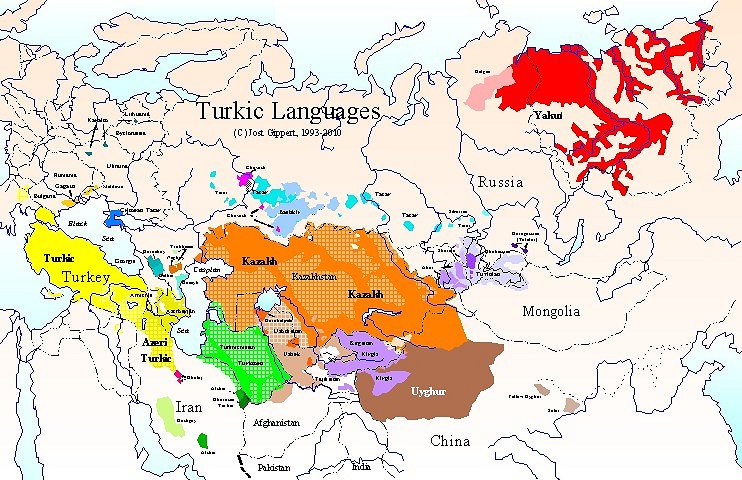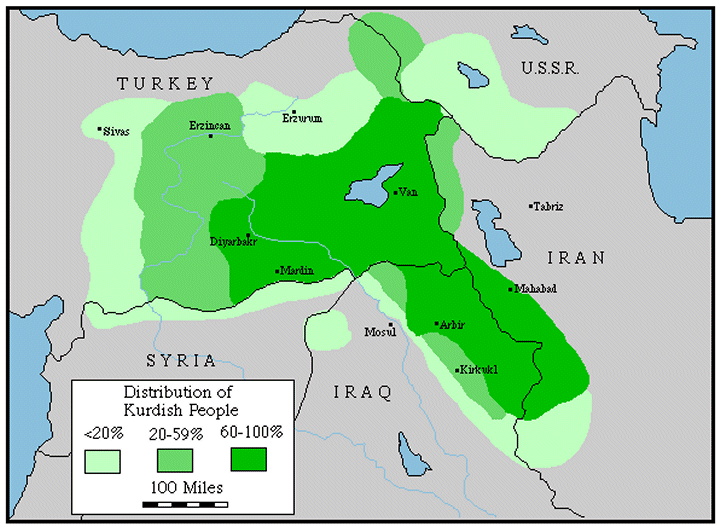http://www.ethnologue.com/show_country.asp?name=IR
Azerbaijani, South
23,500,000 in Iran (1997).
Kazakh
3,000 in Iran (1982).
Khalaj, Turkic
42,107 (2000 WCD)
Khorasani Turkish
400,000 (1977 Doerfer)
Qashqa'i
1,500,000 (1997)
Turkmen
2,000,000 in Iran (1997)
= 27,445,107 Million people speaking Turkic being Turk.
These datas are as you see latest from 1997. Now we have 2006. MAybe it is now up to 30 Mio people in Iran?
maps:
http://www.gamoh.org/img/southaz.jpg
http://www.gamoh.org/img/b01tab.jpg
Gamoh is South-Azerbaycan awakening movement.
Azerbaijani, South
23,500,000 in Iran (1997).
Kazakh
3,000 in Iran (1982).
Khalaj, Turkic
42,107 (2000 WCD)
Khorasani Turkish
400,000 (1977 Doerfer)
Qashqa'i
1,500,000 (1997)
Turkmen
2,000,000 in Iran (1997)
= 27,445,107 Million people speaking Turkic being Turk.
These datas are as you see latest from 1997. Now we have 2006. MAybe it is now up to 30 Mio people in Iran?
maps:
http://www.gamoh.org/img/southaz.jpg
http://www.gamoh.org/img/b01tab.jpg
Gamoh is South-Azerbaycan awakening movement.





